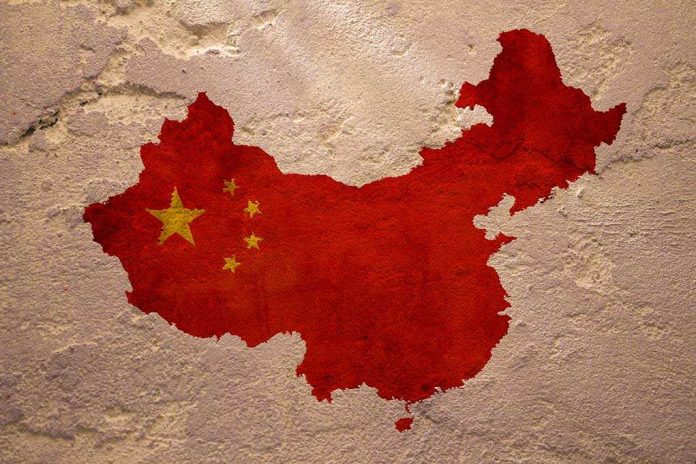
As Voice of America’s Mandarin broadcasts go dark, China’s propaganda machine fills the airwaves—and the world is left to wonder who will hold Beijing’s narrative in check.
At a Glance
- Voice of America (VOA) sharply reduces Mandarin-language broadcasts, citing budget cuts and shifting priorities.
- China’s state-run media outlets, like CGTN and China Radio International, are aggressively expanding their global reach.
- Chinese-speaking audiences, both inside China and abroad, are losing access to independent, uncensored news.
- The U.S. government’s retreat on international broadcasting opens the door for authoritarian narratives to spread unchallenged.
VOA Signs Off: How American Silence Became China’s Opportunity
Voice of America, once a beacon of truth behind closed borders, is now scaling back its Chinese-language broadcasting. The decision comes at a time when China, never shy about flexing its censorship muscles, is spending billions to build a global media empire—one that doesn’t just toe the Communist Party line, it practically wraps the world in it. For decades, VOA was a lifeline for Chinese listeners desperate for an honest take on the world and their own country. Now, as the U.S. pulls the plug and the static takes over, one has to ask: was this really about budgets—or about priorities?
While VOA claims it will keep some digital content available for its Chinese audience, the reality on the ground tells a different story. Beijing’s censors have spent years jamming foreign broadcasts, expelling journalists, and walling off the internet. With fewer alternative voices to counter the official narrative, China’s propaganda machine gets a clear runway—at home and increasingly abroad.
China’s Media Blitz: Filling the Vacuum with State-Run Propaganda
China’s international media is in full expansion mode. State broadcasters like CGTN and China Radio International are not just gaining ground in Africa, Latin America, and Southeast Asia—they’re flooding these markets with slick, state-approved stories that paint China as a benevolent superpower. Meanwhile, Western media is either locked out, jammed, or simply giving up and going home. Beijing’s “going out” strategy, a relentless effort to project soft power, is now paying off as the U.S. government dithers and downsizes.
This isn’t just a battle for ratings. When authoritarian regimes control what millions see and hear, the danger isn’t just misinformation—it’s the suffocation of dissent and the erasure of inconvenient truths. As VOA’s signal fades, China’s narrative gets louder, less challenged, and more likely to be taken at face value by communities that have precious few alternatives.
The Fallout: Free Speech Loses, China’s Narrative Wins
For Chinese-speaking audiences—both inside the Great Firewall and across the global diaspora—the loss of VOA isn’t just a technical glitch. It’s a vacuum where free thought and independent analysis once lived. U.S. soft power, already battered after years of neglect and mismanagement, takes another blow as it cedes precious ground to a regime that jails journalists and censors dissent.
It’s not just about China. As Western broadcasters retreat, authoritarian governments from Moscow to Tehran are watching closely. The reduction in American-backed broadcasts signals to the world that the U.S. is willing to abandon its own principles of open discourse and free information—all while China doubles down on its own narrative, unchecked and unfiltered. Scholars and media analysts warn this could lead to a more fragmented and polarized global media landscape, where the loudest (and best funded) voice wins, not the most truthful.
A Look Back: How Did We Get Here?
VOA’s broadcasting legacy stretches back to World War II, when it was created to beam uncensored news into Nazi-controlled Europe. During the Cold War, it reached behind the Iron Curtain, offering a rare oasis of open debate for those living under communism. In China, VOA earned a reputation as a trusted source, even as the regime did everything it could to jam the signal and expel foreign journalists.
But the world changed. Budgets tightened. Priorities shifted. And somewhere along the way, defending the free flow of information stopped being a national priority. Now, as China’s information warriors blanket the world with polished propaganda, America’s own voice is barely a whisper. Is this what “progress” looks like? Or is it just another example of Washington’s chronic inability to protect the values that made it great?
Sources:
Inside VOA – Official Information
CBS News – Voice of America History



